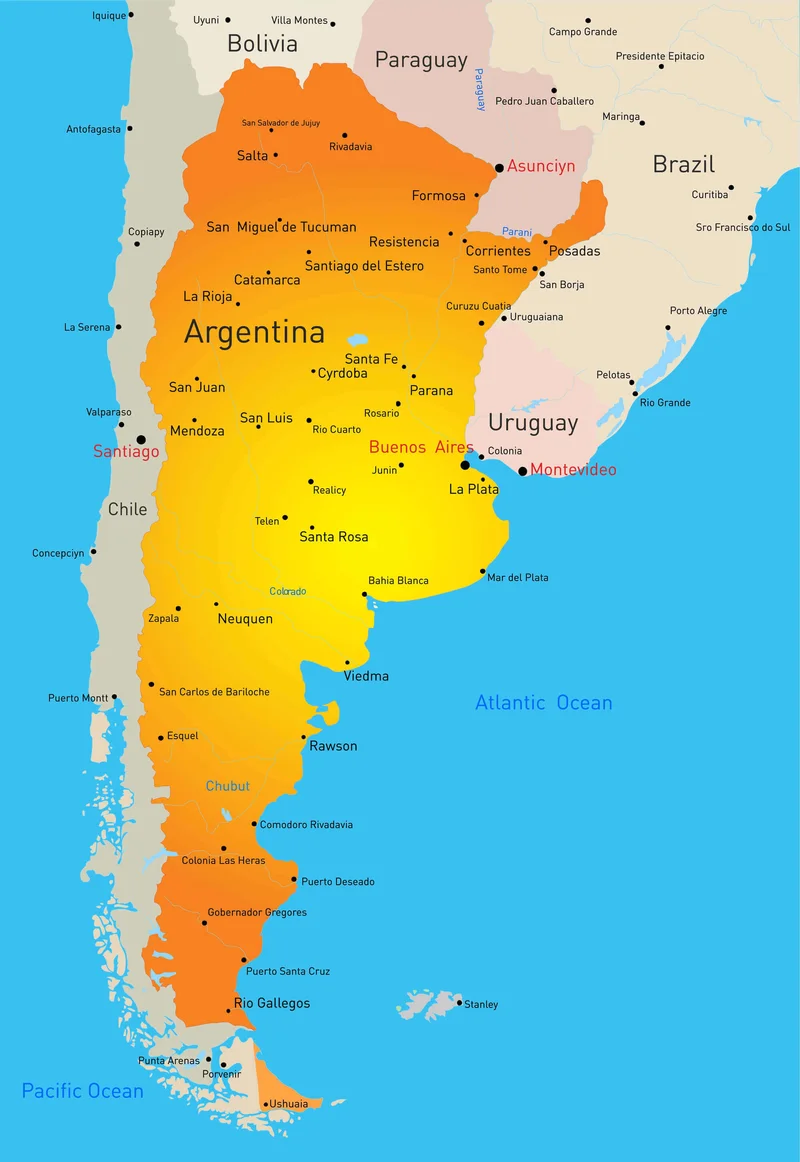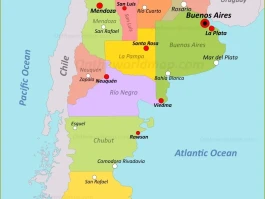Have you seen it? That little broken-page icon, the endless loading spinner, the condescending pop-up asking, "Are you a robot?" Of course you have. We all have. These little digital papercuts have become a constant, humming annoyance in the background of our lives. We sigh, we refresh, we disable an extension, and we move on.
But what if these aren't just glitches? What if they're symptoms of a much deeper problem?
I was scrolling through a financial feed the other day when it happened. One headline screamed about a massive "$20 billion bailout for Argentina," a complex story of global economics and political alliances. The very next item wasn't a story at all. It was a stark, white box with black text: "A required part of this site couldn’t load." The juxtaposition was jarring. A story about a nation's financial system teetering on the brink, right next to a message that my own browser’s digital system was, in its own small way, also on the brink.
When I saw that, I didn't just get annoyed. I honestly just sat back in my chair, speechless for a moment. This is it. This is the sign. These aren't isolated bugs; they are stress fractures appearing in the very foundation of the digital world we’ve built.
Our Digital World Is a Rube Goldberg Machine
Let's be honest with ourselves. The internet we use every day wasn't so much designed as it was… accumulated. It’s a sprawling, chaotic, brilliant mess, built layer by layer over decades. It’s like a city where every building was constructed by a different architect who refused to speak to the others. The plumbing doesn't quite connect, the electrical grids are redundant but incompatible, and to get from one side of town to the other, you have to show your passport at a dozen different checkpoints.
This is why our digital lives feel so fragmented. Your bank, your social media, your government services, your email—they all demand you prove who you are, over and over again. The system that is supposed to connect everything is, ironically, built on a foundation of digital distrust. The constant CAPTCHAs and login hurdles are the digital equivalent of a bouncer who doesn't recognize you, even though you come to the club every single night.

This architecture is what we call centralized—in simpler terms, it means your data, your identity, and your access are all held in separate, corporate-owned silos. This isn't just inefficient; it’s incredibly fragile. When one of those silos has a problem, your access is cut off. When they get breached, your identity is stolen. The constant "JavaScript is disabled" errors are just the creaks and groans of an overburdened and poorly designed structure. How much of our collective energy is wasted just trying to prove we are who we say we are to a system that is fundamentally designed to doubt us?
We're Building a Better Blueprint
For years, the solution has been to add more duct tape. More patches, more security plug-ins, more complex passwords. But what if the answer isn't to patch the old, crumbling foundation, but to pour a new one?
I’m talking about a fundamental paradigm shift in how we handle digital identity and data. Imagine, for a moment, a digital wallet that doesn't just hold your money, but holds the verified keys to your identity. A credential from your university, a driver’s license from the DMV, a proof of employment—all cryptographically signed and owned by you. Not by a corporation. Not by a platform. You.
When a website needs to know you're over 18, you don't give it your driver's license with your name, address, and date of birth. You just provide a secure, verifiable "yes." This is the core idea behind a decentralized internet, and the speed at which these concepts are moving from theory to reality is just staggering—it means the gap between the broken internet of today and the seamless, user-owned internet of tomorrow is closing faster than we can even comprehend.
This is more than a convenience. It’s a restoration of dignity and control. It’s the digital equivalent of the shift from feudalism, where you were tied to a lord's land, to an era of personal property and self-determination. Of course, with this power comes immense responsibility. We have to build these new systems with equity, privacy, and security as the unbreakable cornerstones, not as afterthoughts. Are we truly ready to own our digital selves, with all the duties that entails?
It's Time to Reboot the Dream
The early promise of the web was one of empowerment and connection. Somewhere along the way, we traded that dream for one of convenience, locked inside walled gardens. Those error messages and robot tests aren't just technical failures; they are a spiritual cry from a system that has lost its way.
We are at an inflection point. We can keep applying digital bandages to a system that is bleeding data and trust, or we can be the architects of its replacement. The technology is here. The blueprint is being drawn. The only missing variable is our collective will to build an internet that trusts us, empowers us, and finally, truly belongs to us.

